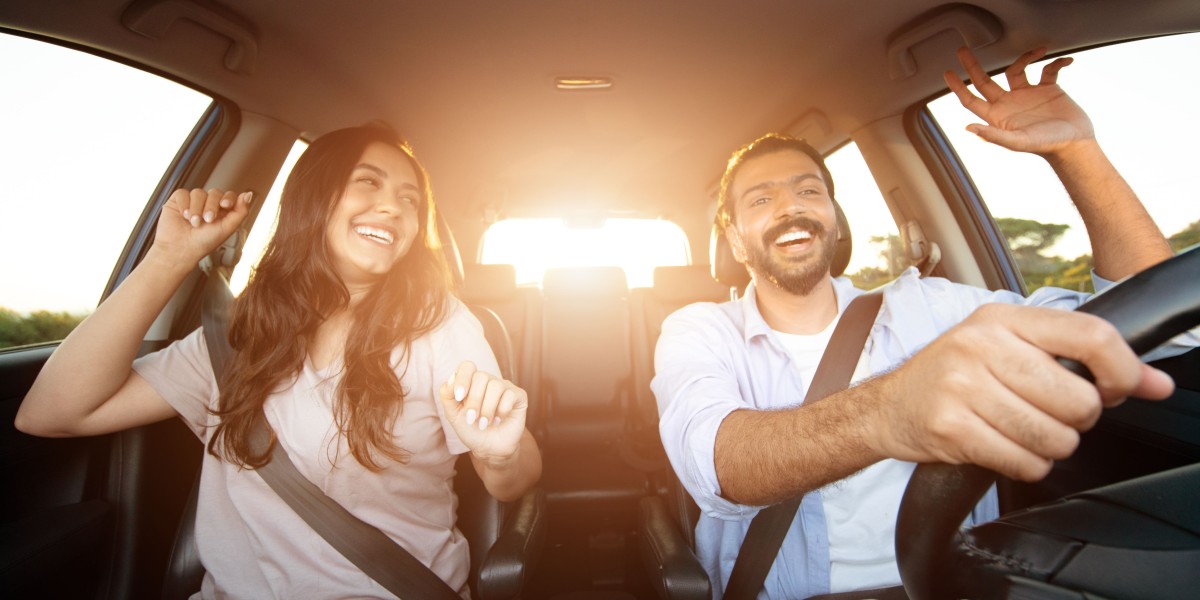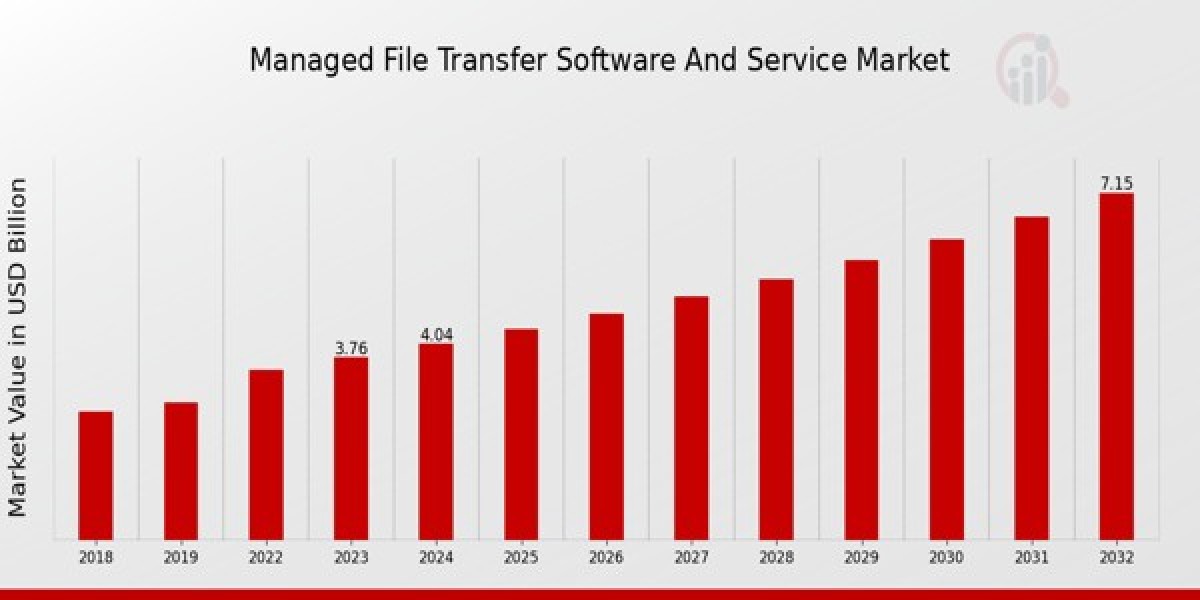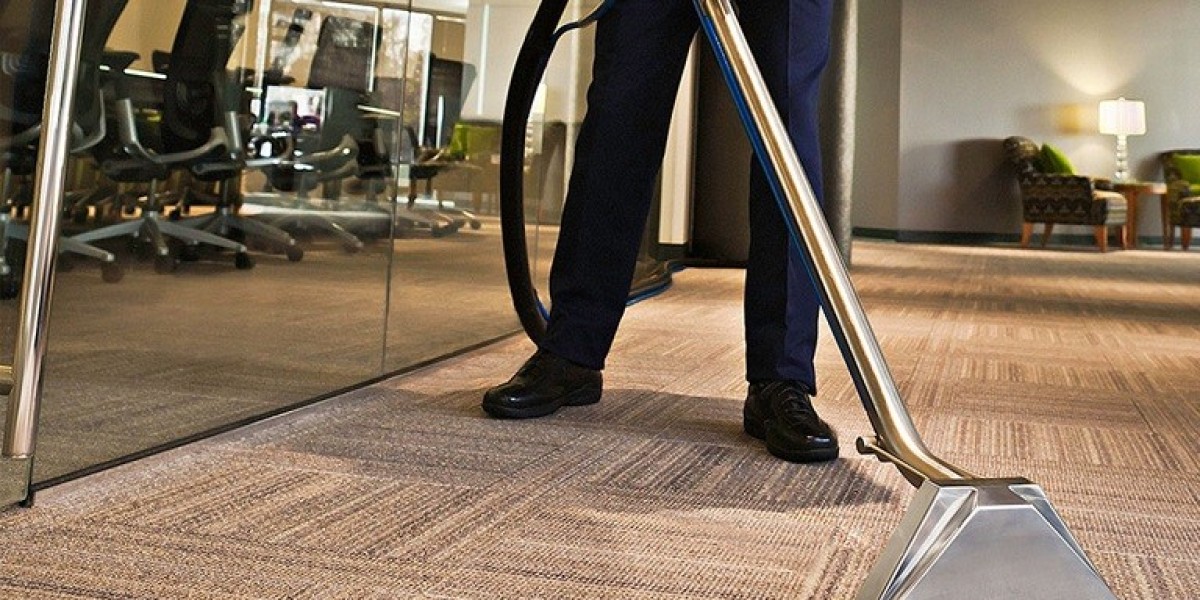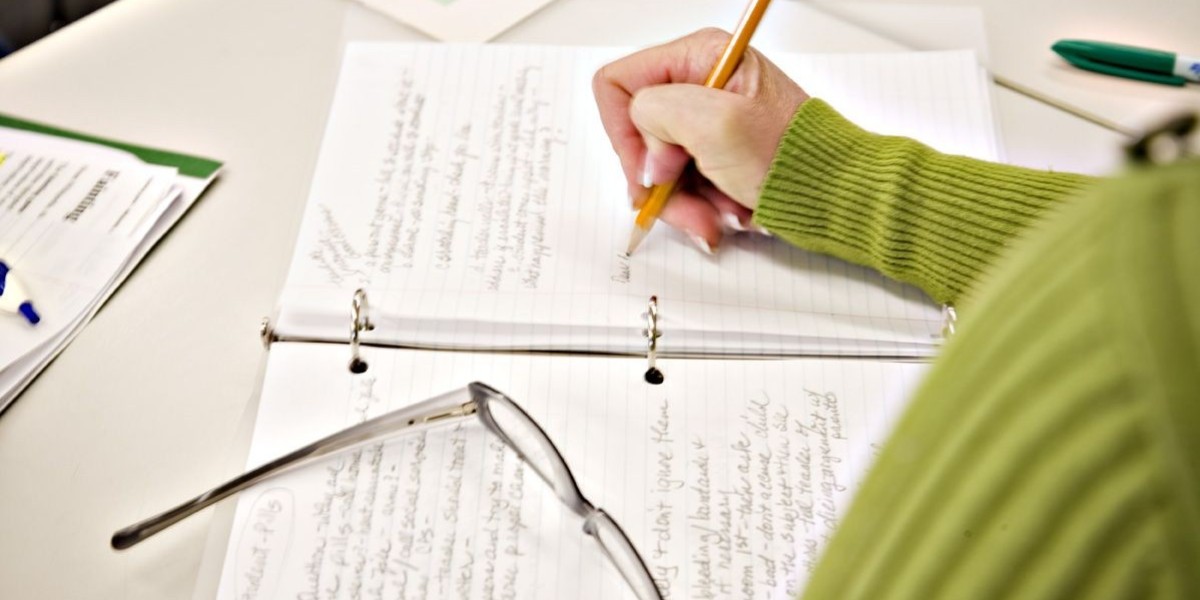Understanding the UK Driver License: A Comprehensive Guide
In the United Kingdom, holding a Driver License Uk's license is a vital aspect of movement and self-reliance. Allowing individuals to run automobile legally, the driver license system is governed by a set of regulations that make sure both safety and proficiency on the roads. This article looks into the complexities of acquiring a UK driver license, the different types offered, the application process, renewal requirements, and frequently asked questions relating to the licensing system.
Types of Driver Licenses in the UK
In the UK, driver licenses are classified based upon the kind of lorry being run. The following are the primary categories:
Category B: This is the most typical type for cars. It allows the holder to drive cars with a maximum weight of 3.5 tonnes and carrying as much as eight travelers.
Category A: Pertaining to motorcycles, this classification is divided into three subcategories:
- A1: Light motorcycles (as much as 125cc)
- A2: Medium motorcycles (up to 400cc)
- A: Any bike
Classification C: For bigger cars such as trucks, this classification enables the holder to drive lorries over 3.5 tonnes.
Category D: This is designated for driving buses and coaches, which can carry more than eight passengers.
Category BE, CE, and DE: These enable the driving of bigger cars with trailers.
Getting the correct license is important, not only for legal compliance however likewise for ensuring the safety of the driver, passengers, and other road users.
Actions to Obtain a UK Driver License
Getting a driver license in the UK includes numerous actions, that include:
Step 1: Apply for a Provisional License
Before learning to drive, people need to get a provisionary license. The requirements consist of:
- Being at least 17 years old (or 16 if looking for a motorbike or moped license).
- Supplying recognition, such as a passport or biometric home authorization.
- Paying the pertinent fee.
Action 2: Prepare for the Theory Test
Once in ownership of a provisional license, candidates need to get ready for the theory test, which is divided into two parts:
- Multiple-choice concerns: Testing knowledge of road guidelines and policies.
- Threat perception test: Evaluating the capability to determine potential dangers on the roadway.
Action 3: Pass the Driving Test
After passing the theory test, people can reserve a practical driving test. This involves:
- Taking lessons with a qualified trainer to acquire driving skills.
- Undergoing a useful test that assesses driving capability, decision-making, and road safety awareness.
Step 4: Acquire a Full License
Upon passing the driving test, the person can apply for a complete driving license. The steps consist of:
- Completing the application type supplied by the Driver and Vehicle Licensing Agency (DVLA).
- Sending the required documents consisting of the pass certificate from the driving test.
- Paying the charge for the full license.
Step 5: Understanding the Probationary Period
New drivers in the UK undergo a probationary period of two years after passing the driving test. During this time, building up six or more charge points can cause the license being withdrawed.
Renewing Your Driver License
Driver licenses in the UK do not end indefinitely; they require renewal. It is suggested to restore your license every 10 years. Here are the steps for renewal:
Check your eligibility: Valid driving licenses must be renewed before they expire or if there are modifications to individual situations (such as health status).
Send the renewal application: This can be done online or via post. The renewal application needs comparable paperwork as the initial application, consisting of recognition and any applicable fees.
Wait for processing: Once the application has actually been sent, it generally uses up to 3 weeks to receive the renewed license.
Regularly Asked Questions (FAQs)
Q1: Can I drive with an overseas license in the UK?
Yes, visitors to the UK can drive using a valid overseas driver license for approximately 12 months. Nevertheless, after this period, they need to look for a UK license if they wish to continue driving.
Q2: What documents do I require to apply for a provisional license?
You will need evidence of identity, a passport-sized photo, and payment for the application charge. Furthermore, if you have changed your name, you'll need to offer supporting documents such as a marriage certificate or deed survey.
Q3: What takes place if I lose my driver license?
If you lose your driver license, you should report the loss to the DVLA and request a replacement. This can be done online or by means of a paper application.
Q4: Are there any unique factors to consider for obtaining a license for individuals with impairments?
Yes, the UK has provisions and support available for people with impairments. Each case is examined on an individual basis, and adjustments in automobiles may be essential. The DVLA supplies extra assistance for this procedure.
Q5: How long does it require to get a full driving license after passing the test?
Usually, once you pass the practical driving test, you can expect to get your full license within three weeks. Nevertheless, this can differ based on the volume of applications the DVLA is processing.
Acquiring a UK driver license is a diverse process that requires commitment and understanding of roadway safety. From the initial application for a provisional license through to the last acquisition of a full driving license, each action contributes considerably to guaranteeing that the roads remain safe for all users. By understanding the numerous requirements and keeping abreast of changes in legislation, aspiring drivers can browse the complexities of the UK licensing system with self-confidence.








